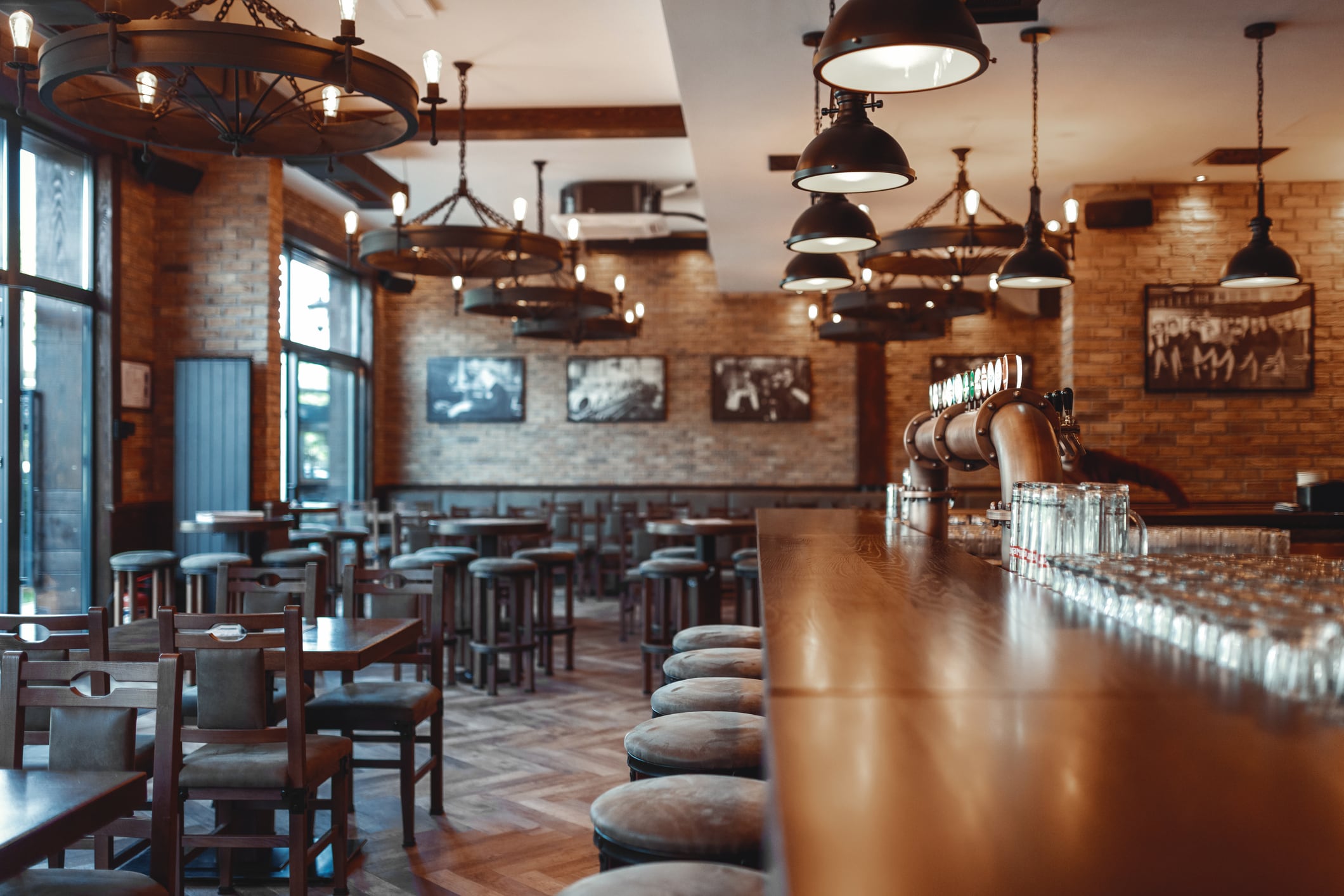We are often contacted by businesses when they are facing a licensing hearing for their variation application, only to find that the application needs to be effectively re-started, adding time, cost and stress that could have been avoided. With careful preparation you can give your application the best chance of success.
Here are our top tips for preparing a licence variation the right way:
Understand what you need
Start by asking yourself exactly what you want to achieve. Do you want to trade later into the night? Serve drinks or allow customers outside? Alter or expand the licensed footprint of the premises?
Then check your licence and the conditions carefully. What does it already permit? What are the restrictions? Varying one aspect of the licence could have a knock-on effect and require adjustments to other conditions, so it is crucial to understand the current licence permissions.
If you are varying the layout, then be sure to clarify whether other existing areas are remaining the same, otherwise you may inadvertently de-licence entire sections of your premises.
Next, consider how substantial your proposed changes are. If they are minor (e.g. small layout changes or tweaking conditions), you might only need to apply for a minor variation, which is faster and cheaper.
For bigger changes, such as extending the hours for sale of alcohol or removing restrictive conditions, you will be required to submit a full variation.
In some cases, where you are making substantial or wholesale changes to the licence, you may even apply for an entirely new premises licence.
Do not be put off if this is recommended, as the process and timeframes are the same as for a full variation, although unlike a variation application objectors can object to any aspect of your application, rather than just the element that is to be varied on a variation application.
Consider your local policy
Every licensing authority publishes a Statement of Licensing Policy, which sets out how they make decisions.
Some key things to look out for include “framework hours”, which are the typical hours the authority is willing to grant in your area.
The local authority may also have cumulative impact areas, which are zones where the authority has adopted a presumption to refuse new applications or variations unless you can demonstrate that your changes will not add to problems of crime, disorder or nuisance.
Some authorities also publish recommended or “model” conditions the council expects to see addressing the licensing objectives.
Knowing where you stand in relation to the local licensing policy will give you an idea of what to expect and the hurdles you will need to overcome to achieve your aims.
While the local policy and model conditions give a good indication of what the licensing authority will expect to see, it is important to remember that these should never be standardised.
Hours and conditions must be considered on a case-by-case basis and based on what is reasonable.
Plan ahead
You might want to trial your proposed changes using temporary event notices (TENs). This will give you a chance to see how extended hours or altered conditions work in practice and gather evidence that the changes can work without undermining the licensing objectives. Be cautious though. If a TEN goes badly (e.g. noise complaints or disorder), it can harm your application.
If you expect the application to be contentious, then think about what supporting evidence you might need.
For example, an acoustic report could be helpful if you’re introducing live music or opening an external area, or an updated risk assessment for larger capacity. Start putting robust new policies and procedures in place to show that you have thought about the impact of the variation.
Consult your neighbours and other stakeholders
Before submitting your application, speaking to neighbouring residents and other stakeholders who might be affected can be an effective way to minimise objections.
Listen to their concerns. You will be familiar with the common worries – noise, antisocial behaviour, litter. Where possible, build solutions into your application. For example, you might propose noise control measures, security staff or limited hours for use of external spaces.
Engaging early not only reduces the likelihood of objections but also demonstrates good faith to a licensing sub-committee.
Be ready for a hearing
If your application receives objections that cannot be resolved then it will go to a hearing before the council’s licensing sub-committee.
If you have followed these tips then you should be well prepared to support your proposed changes and show the committee that that you are a responsible operator who takes these matters seriously.
And if in any doubt, it can be worth seeking advice from licensing specialists like us to guide you through the process.
- David Inzani is a partner at Poppleston Allen




